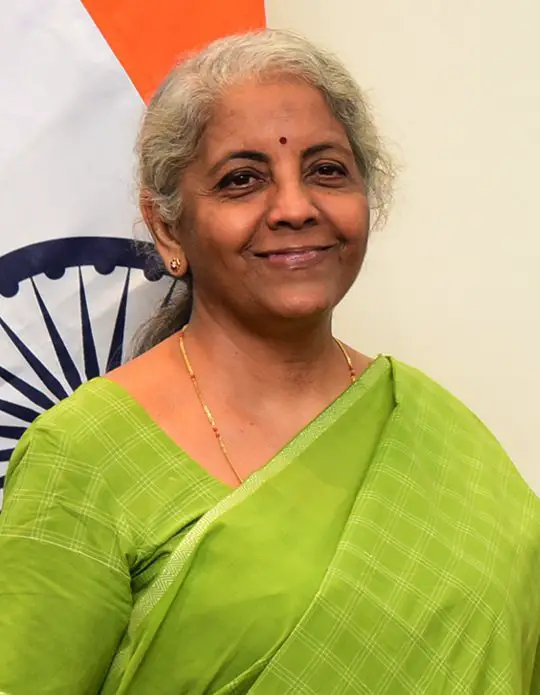Union Finance Minister Nirmala Sitharaman recently stated that India may consider reducing certain import taxes, as long as such changes do not negatively impact local businesses. This potential adjustment in trade policies comes in response to criticisms from US President-elect Donald Trump, who had previously described India as a “tariff king” due to its high import duties. Sitharaman emphasized the need to protect Indian industries, highlighting that tariffs are imposed for specific reasons and that any reductions would aim to balance promoting domestic manufacturing with encouraging international trade.
During a Business Today event in Mumbai, Commerce and Industry Minister Piyush Goyal expressed a willingness to lower tariffs on certain imports, such as Harley-Davidson motorcycles, where there is no local competition. He explained that India is open to reducing tariffs on products that do not have a domestic alternative, as part of efforts to strengthen trade relations with the US. Goyal also noted that India is not concerned about tariff hikes targeting China, as these would benefit India. He further emphasized that India is increasingly seen as a trusted partner by the democratic world.
Trump, in his first term, repeatedly criticized India’s high tariff rates, and he reiterated his dissatisfaction with India’s tax policies in a recent interview. Despite India’s long-standing reluctance to reduce tariffs, Goyal’s comments reflect a more flexible approach, indicating that India might reconsider tariffs on certain imports, particularly when domestic manufacturing is not affected.
The US has become India’s largest trade partner, with bilateral trade reaching $119.7 billion in the latest fiscal year, growing by more than 33% in just five years. Despite a widening trade deficit, the US continues to import significant quantities of Indian goods, showcasing India’s competitive advantage in various sectors. This expanding trade relationship positions India well to capitalize on evolving global supply chains and shifting trade policies.
Disclaimer: The views and statements expressed in this article are based on public statements made by Indian government officials and other sources. The information provided is for general informational purposes only and should not be construed as professional advice or an endorsement of any specific policy or decision. The content is subject to change, and readers are encouraged to verify details through official channels or consult relevant experts.

Leave a Reply